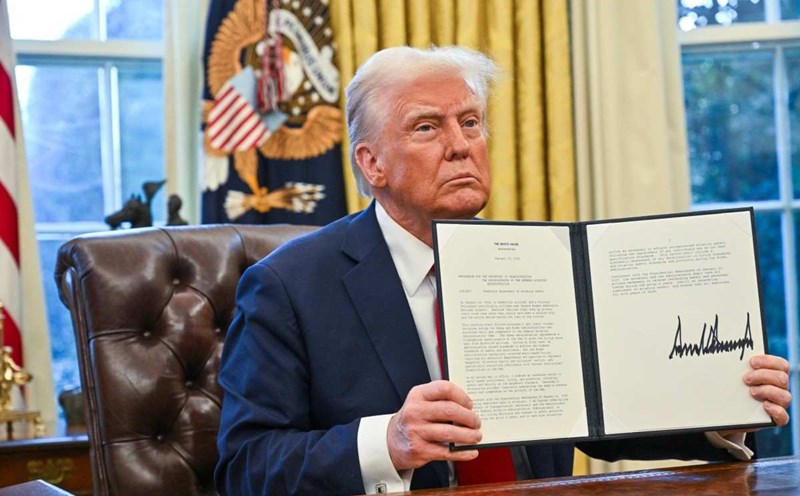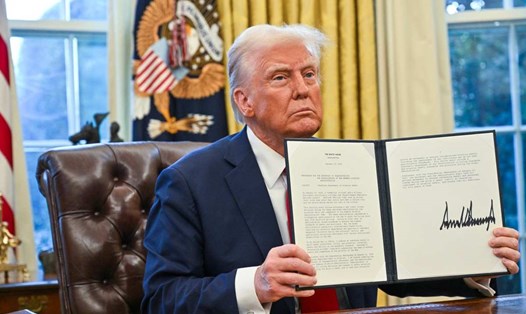As the semiconductor industry faces oversupply and weak demand, many major chipmakers have failed to meet expectations.
According to SCMP, major semiconductor corporations such as NXP Semiconductors, STMicroelectronics and Texas Instruments all reported worse-than-expected business results, showing that the industry's downturn has extended into a second year.
In contrast, German company Infineon Technologies showed a positive signal when it forecast that revenue could increase slightly this year thanks to favorable exchange rates and expanding market share in China. After this announcement, Infineon's shares rose the most in the past nine months.
However, Infineon’s forecast does not take into account the impact of a possible trade war. Mr Trump has threatened tariffs on Mexico, Canada and China – three important trading partners in the auto and electronics industries. If the tariffs are implemented, electric vehicle prices could rise, hurting sales and forcing Chinese electronics makers to cut inventories.
Commenting on the situation, Ken Hui of Bloomberg Intelligence said that the additional fees on goods moving between trading partners could have a negative impact on the entire semiconductor industry. Meanwhile, Infineon CFO Sven Schneider maintained an optimistic view going into 2025.
The company's forecasts do not include the impact of a tariff escalation, he stressed, adding that Infineon remains a supporter of free trade and warning that tariff escalation and retaliatory measures would have a negative impact on the entire industry.
Amid growing trade uncertainty, the semiconductor industry continues to face many challenges, especially as Mr. Trump's tariff policies could make the business environment more unpredictable.










